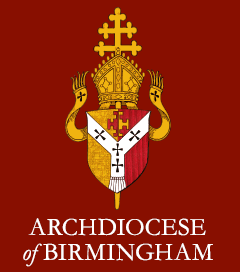Knock Class - Reception
Welcome to Knock class!
We support children to become successful learners by prioritising the prime EYFS areas, which are communication and language, social and emotional development, and physical development. Through adaptive planning, high quality interactions and our nurturing Early Years environment, we help children to develop the foundations of these areas and build on these throughout their time in reception. We have a wide variety of exciting activities and classroom spaces for children to explore and learn further with a focus on child-led learning.
We enjoy utilising hands-on opportunities, such as trips and visitors, to offer a rich and unique learning experience to across the 7 areas of the EYFS curriculum. Using the St Joseph’s Evolve Curriculum, we have termly projects which help children to better understand themselves, the local area and the world we live in. We have been on several trips into town, including to the bakery, the market, Aldi and the church. In the past, we have been to The Oxford Transport Museum, The Living Rainforest, The Oxford Science Museum and even the beach! Our EYFS children have also enjoyed meeting visitors, including firefighters, dentists, police officers and many more.
A day in knock class is always fun and exciting. In a typical day, we start with a morning task and prayer to welcome the children into a calm and educational space for the day. This is followed by an engaging and interactive phonics lesson. After this, they have independent learning time when children engage with resources and activities, and participate in small group and 1-1 adult-led sessions, which include guided reading and handwriting practice. We then have snack time together, followed by a whole class maths session and small group sessions. Before lunch, children enjoy outdoor learning in our EYFS garden area. Afternoons are always enriching with a range of topics such as project learning, RE, PE, arts or ‘outdoor adventure’ sessions. We end the day with Drawing Club and a story. Any free time in our day is used to enjoy singing, crafts, spreading the Catholic Faith and spending time developing friendships and building on the happy and welcoming environment we have worked carefully to nurture in our Class.
Please view our photos below for an insight into what learning looks like in Knock Class.
I look forward to welcoming you to St Joseph’s Catholic Primary School and into Knock Class,
Miss Chatfield
Class teacher


